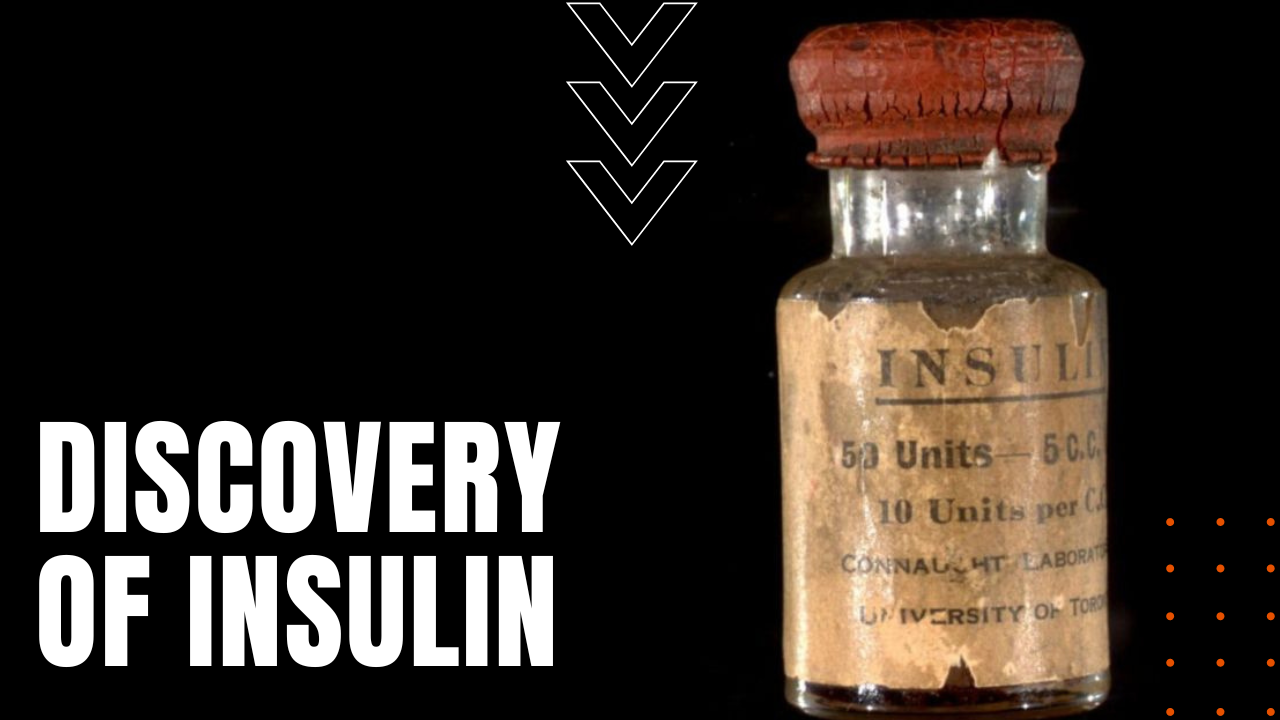Discovery of Insulin

Considered one of the first great triumphs of medical science, before the discovery of insulin, children with diabetes generally died a miserable death within a year of diagnosis. Little was known about the etiology of diabetes until 1886, when German medical student Paul Langerhans discovered clusters of cells in the pancreas now known as islets of Langerhans.
Clueless Discovery
Freely admitting that the young medical student had no idea regarding their function, twenty years later, Frenchmen Edouard Laguesse deduced that islets of Langerhans produced a chemical at first called isletin, which is what we now know as insulin—a vital protein that maintains a delicate balance of blood sugar in the body. Many more years would transpire, along with many more lost young lives, until in the late 1920s, a struggling young general practitioner named Frederick Banting read an article about the pancreas that convinced him, despite his complete lack of experience in medical research, that he had a notion about how to cure diabetes.
A Second Blind Discovery
After convincing scientist J.J.R Macleod of the University of Toronto to let Banting run some canine experiments in his lab, Banting and lab assistant Charles H. Best tied off the pancreatic ducts of canines, and despite their near lack of any scientific method, they managed to extract pure insulin within a matter of weeks. When their extraction was given to listless and skeletal diabetic patients, each child was miraculously restored to full vitality.
Wins Nobel Prize
For his stumbling discovery, Banting and Macleod shared the Nobel Prize in medicine in 1923. Today, insulin is vital in the management of both type one and type two diabetes, although in countries that have adopted Western bad habits of high fat diets and inactive lifestyles, diagnosis and treatment of both types of diabetes has skyrocketed to unimaginable levels. From 1980 to 2014, for instance, the number of adults in the world with either type of diabetes has gone from 100 million to well over 400 million, making diabetes, a runaway condition for supersized humans everywhere.
